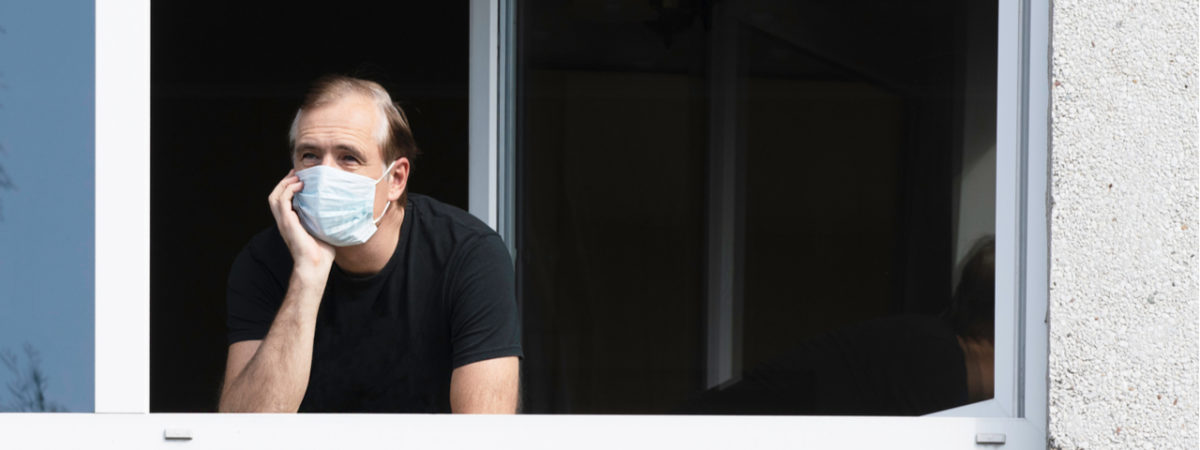Extending the environmental benefits of lockdown will also extend the economic harm
SUGGESTED



The health and safety excuse for the policy change can be largely dismissed. The simple truth of the pandemic and national policy is that if social distancing matters, the centre of London is not safe to return to work. It is too densely populated and almost entirely reliant on mass transit which cannot operate above 10-15% capacity with 2m exclusion rules. With average commutes over 9 miles each way, substitution effects to walking and cycling will be extremely limited and temporary.
It is then hard to see then how the policy’s architects imagine the streets will fill up to the extent urgent measures are needed. Conversely, if social distancing does not matter (and it will cease to matter eventually), then a policy to enable more social distancing outside by widening the pedestrian streetscape is redundant. If it is safe to sit on a crowded train, it is safe to walk on a crowded pavement. It is not hard then to cut through the pandemic packaging to note that the motive for this policy is opportunistic, to accelerate a pedestrianisation plan that is the dream of many an urban planner.
Many will see this as self-evidently a good thing. Removing vehicle traffic from densely populated narrow streets will reduce air pollution, congestion and road traffic accidents. As a policy it will have more supporters than opponents; very few people drive into the centre of London to commute and there is very little capacity for parking. London’s leaders are not wrong to think that this is the future, the question is really one of timing and how they go about it, which is far more difficult and does not have anything to do with managing a coronavirus.
What the pandemic allows is the ability to use emergency powers for something that is not an emergency. This matters, in normal times it took several years to close one dangerous junction at Bank to most traffic, and this under a hail of protests from local businesses and taxi drivers. The same result can now be achieved in a few weeks across many streets. The democratic checks and balances that differentiate the UK from authoritarian states can be ditched and London officialdom granted extraordinary powers to do as they please. If the protestors don’t like it this time, they should note the right to protest has also been suspended, at least for now.
The checks and balances matter. From an environmental perspective, shutting roads in the centre principally pushes traffic onto other routes, the pollution is in large part moved not eliminated, the congestion migrates. Until most vehicles are low emission, which is still a distant prospect, the impact is more symbolic than substantial. Environmentally there are winners and losers, not a universal win for cleaner air.
Nor will the safety benefits be quite as good as hoped. Pedestrians and cyclists do not in the main happily coexist in shared spaces, anymore than they do with other vehicles. A proposed 15mph speed limit for the new zones is not enforceable and will be entirely ignored by many cyclists, several of whom will collide with now less cautious pedestrians straying into cycle lanes. What are already very low rates of death and accidents will fall further in these areas, being hit by a bike is still better than being hit by a truck, but these will be rounding errors on London-wide statistics. Meanwhile the brightest hope for reducing such accidents in the long-run is AI and autonomous vehicles, which will be safer than people-powered bicycles. Future shared spaces might not be vehicle-free, they might exclude bicycles. You can see this outcome already in many parks.
Economically the wider removal of traffic requires significant changes to the way business is conducted. Offices and retail units need daily deliveries. The larger units with overnight security can arrange for night calls, but this is not easy or cheap for small shops with few staff. Nor can everyone walk or cycle between meetings. There is a time cost, there are mobility and disability issues that again require the restoration of mass transit to resolve. Taxis lose business and their services become more expensive as they try to navigate around more congested streets on the longer routes. They are currently down 91% as a result of lockdown in London, these measures will further damage the recovery for some of them. The cost of implementation is currently unknown, but will be even more expensive if the measures are temporary and have to be removed again just as quickly as they come in.
Many imaginative solutions exist for these problems, some already in progress, such as better coordinated deliveries and street drones, but they take time to develop and implement. What over-eager officialdom is more likely achieve in haste is doing substantial damage to smaller businesses and sole traders already on their knees as a result of the lockdown. If you cannot afford to open your store with the staff you have, you are hardly going to be able to hire new ones to be available at 4am to take delivery of new stock. Delivery failures or demand spikes that can be managed today with urgent deliveries cease to be possible. Many will feel that the London authorities are deliberately trying to wipe them out for the sake of accelerated virtue signalling.
But we will find out. There is next to no chance that these changes will not now happen, and a very strong possibility they will be permanent, particularly if the principal protestors are wiped out, and their business demise can be blamed on trading losses from the pandemic not the policymaking that followed. A good crisis will not have gone to waste, it is more than a little unfortunate the same cannot be said of many good businesses that will now go to the wall.
1 thought on “Extending the environmental benefits of lockdown will also extend the economic harm”
Comments are closed.




Scruffy gaps in the high streets in the centre of London and across its busy boroughs will not be accepted as collateral damage as a consequence of keeping out delivery traffic – even if the blame could be largely targeted in general economic downturn. If other large cities don’t introduce large scale pedestrianisation during lockdown and on turn see a higher proportion of small businesses surviving post-lockdown and the recession that follows, this may be a telling comparator.